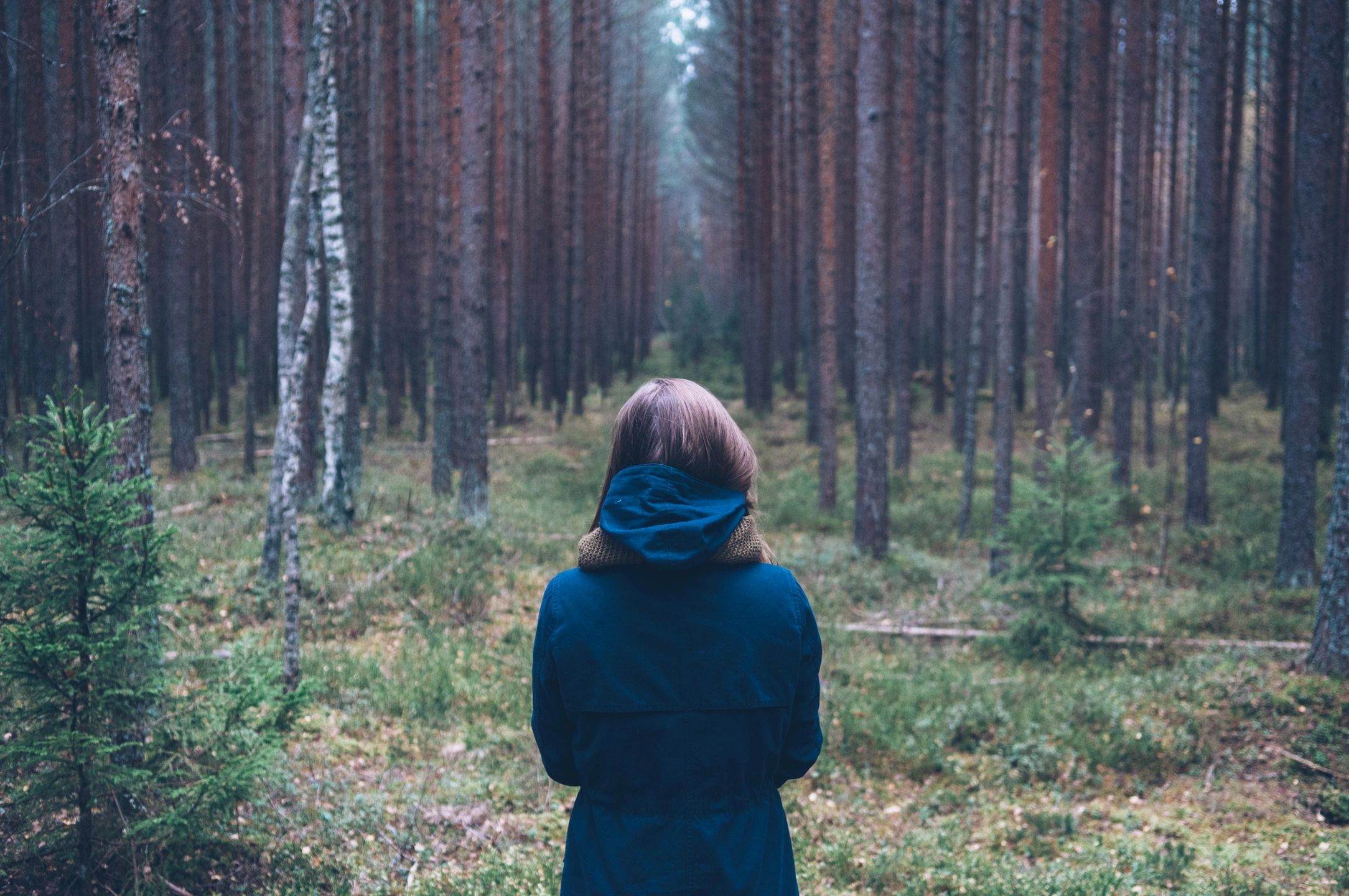It’s a new week, and our Seven Conversations on Sibling Sexual Trauma and Abuse timetable has taken shape. The rhythm of the day now flows naturally with each conversation building on the last. I’ll share the full outline very soon.
When I began designing this event, I stood before a giant post-it note covered in the biggest questions that have surfaced since our Blue Borage Conversation Cafés began in January.
Some of the words written I could have added without looking at the master spreadsheet of requested themes. I was interested in these topics too:
- Survivors rarely hear parents’ perspectives, beyond our own parents’ stories. What can we learn from parents who are willing to turn up to these conversations?
- How do we shift the heaviness of shame?
- Family dynamics. (Two simple words that hold countless smaller threads.)
- Everything seems to focus on childhood disclosure, yet most disclosures come decades later.
- How do we share our stories publicly and protect ourselves or the privacy of people we love?
- What made them do it?
So how do we navigate that path? Most of us have tried doing it alone. Could this shared conversational platform become the space where we ask better questions, understand more, and take the small steps forward we might never take on our own?
The Climb
When speaking with Michael Derby, who will lead our exploration of Shame, I found myself describing how I saw adding in a tough topic early on in our day of conversation made sense, maybe making people see what’s possible, and help to let other topics land with ease and create forward action.
So I shared with Michael how it reminded me of a moment years ago at a personal-development event. I hadn’t had a conversation with Michael before this, so it was a share that had me thinking… maybe he’ll say no thanks to the Seven Conversations after hearing this!
In Fiji back in October 2011, husband Tom and I arrived for a ‘life mastery’ event. On arrival, we were asked to sign a liability release “for climbing the pole.” “Climbing the what?” I remember saying out loud to Tom. I’d clearly missed that part of the pre-event description — or perhaps it wasn’t there.
Before any of the educational sessions began on Day 1 we were told we’d be climbing a 60-foot pole, standing on top, and then leaping toward a trapeze — safely harnessed, of course.
It would make doing anything else that also felt ‘hard’ feel easier because we’d done something beyond what we thought was possible.
That’s what walking towards conversations on tough topics feels like to me.
One foot, one hand, one rung at a time.
It was scary, awkward and challenging, but at the top comes the relief of making it that far, the wonder of seeing the world differently — a 360 degree perspective. There was space there, no judgment of what I’m looking at, I could see above and beyond the trees so clearly.
But I didn’t rush to complete the exercise. Instead as I straightened myself up to be fully standing on top of the pole, I remember seeing the trapeze, a good leap away, then taking a big breath in and letting it out slowly, held my arms out straight at my sides, and I just stood there a moment.
I believed in myself, that I could do hard things. I was chuffed with myself for keeping on going. The stories that went on in my inner commentary before and as I was climbing were another story! I remember climbing, and saying to that voice inside ‘come back to me in an hour… I’ve got this’. I was okay.
Up there, the choices that came next were few:
- you either leap to the trapeze, swing, let go and get eased to the ground; or
- do what my husband Tom did, as he lifted one leg out straight behind him then tipped forward, in a freefall, before being eased to the ground; or
- you could try to sit back down on the top of the pole. Then climb back down the way you’d come.
Taking that leap of faith, knowing people below ‘have’ you, or in the case of tough topics, ‘will get you’, requires letting go of control and allowing yourself vulnerability to be supported. A few of the people we were with had been singing up at me: ‘I’m Not Afraid’ by Eminem – a song that had meaning to us from the business mastery event we had met at a few months earlier.
It was a collective experience.
That collective experience taught me that we can do hard things better together. Whatever comes next, we can pause and reflect, recognising the courage it took to get through something difficult. Then we take the next step — the next necessary thing — one day after another. It’s all possible.
Shame stifles us all — survivors, parents, and non-harmed family members alike. It is intergenerational, it’s familial, it’s societal, it’s big and the word feels heavy but it won’t lighten if we don’t look at it.
That’s why shame is such an essential topic to explore if we truly want to break the stigma surrounding sibling sexual trauma and abuse and help more people realise it’s not just them.
Shame silences. It doesn’t heal.
Listening First: The Parental Perspective
We’ll begin Seven Conversations hearing two of the co-founders of 5WAVES share what parents responded with in a research interview about their emotional response to sibling sexual abuse. Many parents said their only reason for participating was “to educate and support others experiencing the same.”
Reading that, I felt a deep recognition of the generous impulse to turn pain into learning for others. It’s the spirit that runs through Blue Borage and 5WAVES in the USA.
Meeting the Pioneers
Those 5WAVES co-founders you’ll have met in the first conversation are pioneers. They’re people affected by SSTA who chose to do something differently.
So the linkage is that our next guest, Dr Anne Welfare, was also called a woman ahead of her time. She was at the forefront in Australia of talking about father-daughter incest, something people didn’t want to hear about. Then she shifted her focus to SSA and was scorned for that amidst other theories about the origin of SSA.
Anne’s research on sibling sexual abuse continues to make profound sense decades later.
As I revisited her work, I noticed the publication dates, one aligning with my own seventeenth year, when I met my husband. I was still not going to have my first adult disclosure for another eight years. Her writing was unfolding in parallel with our families’ private silences.
To have Anne with us now feels both full-circle and forward-looking.
Exploring Shame with Michael Derby
After listening to parents and learning from Anne Welfare’s decades of research, we’ll move into a different kind of conversation, one that helps us name what often remains unspoken.
Michael Derby, accredited mental health social worker and clinical family therapist, will guide us in Exploring Shame. This will be a session inspired by his groundbreaking Exploring Shame resource, described as “a game-changer for therapists, counsellors, carers and teachers.”
Michael brings years of experience working with children, young people, and families impacted by trauma, harmful sexual behaviour, and abuse. Through that work, he’s come to see shame as a core emotional force that quietly shapes identity, influences relationships, and often perpetuates silence or harm if left unexamined.
He reminds us that “shame undermines our sense of self and can cripple us with silence.” It can also entangle both those who have been harmed and those who have caused harm — creating barriers to change, understanding, and healing.
In this session, Michael will help us:
- Recognise how shame shows up — in our bodies, our words, and our defences.
- Name it safely, using approaches that uphold emotional safety and compassion.
- Externalise shame so we can see it, rather than be it — opening space for curiosity, connection, and healing.
His reflective, practical approach will support anyone — whether survivor, parent, practitioner, or ally — to begin seeing shame not as a personal failing, but as a shared human experience that can be understood and worked with gently.
For those who’d like to go deeper, you can read Michael Derby’s interview and resource overview on Innovation Resources here:
Breathing Space and Shared Insight
Between these conversations there will be pauses. We have sprinkled in tea, coffee, bio breaks, a moment to look out the window, or to have a bite to eat.
Following Michael’s conversation, we’ll invite everyone to draw on what we’ve heard — or the pre-submitted questions — as our small group of lived-experience speakers hold an open Q&A. We’ll be guided by our Conversation Café Agreements and the practice of conscious communication: asking from a place of curiosity and respect.
We encourage questions asked from the perspective of a Challenger — with the intent to learn — or a Coach — focusing on what and how, rather than why.
That last part offers a glimpse of what’s to come later in the day, when we explore how to shift from disempowered to empowering dynamics in the conversations we have and the roles we play.
That panel Q&A will mark the close of the first half of the day — perfect for those joining from the U.S., with recordings available later for those in the U.K. and elsewhere.
Here in Australia, we’ll take a well-earned lunch break before moving into the afternoon’s creative, forward-focused sessions.
Lived Experience Wisdom
Our lived-experience contributors bring decades of reality, wisdom, and deep care for making the world better for families like ours.
In preparing for the day, we spend time clarifying our desired outcomes — what we hope to bring, what we hope to learn, and how we want to show up.
There’s always risk in that — the same questions arise each time: Do we want to be real? To rescue? To educate? Or simply to reflect? We explore deep listening, and how valuable it is to listen more than we speak.
Our preparation and later our debriefs are essential parts of this process. We don’t take showing up to these conversations lightly.
We’re here to make change — together.
I’ll share more soon about the second half of the day — where we turn insights into how we share our stories, find our voices, model empowerment, and take action, so that you leave with tangible steps to carry forward.
If you’re planning to join us as a participant, and are wondering what your desired outcomes might be, please don’t hesitate to reach out for a chat with me on Zoom. I’d be happy to listen and help you nail down that outcome you’re looking for.
Even seasoned researchers have admitted to feeling nervous before stepping into these conversations — we get it. We simply hope that, in joining us, you’ll get us too.
Link to Seven Conversations Symposium page
Thank you for being here,
Susan Dunlop
How do you register?
Join us on the day, for one, some or all sessions, one registration fee covers you for the full experience and you will receive recordings of presentations for sessions that may fall outside of your timezone friendly hours. Our vision was to make it be accessible live for however long people can make it.

